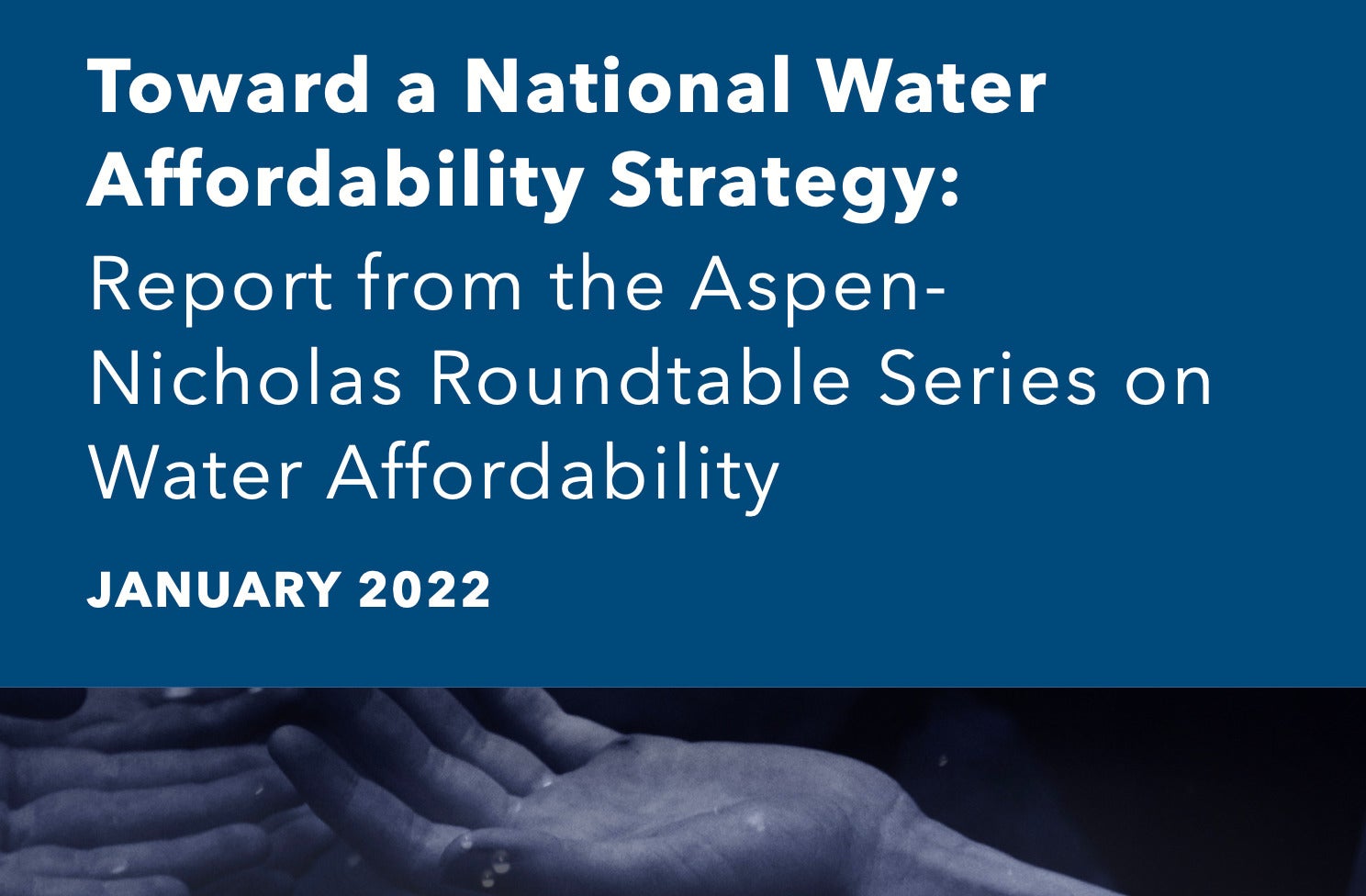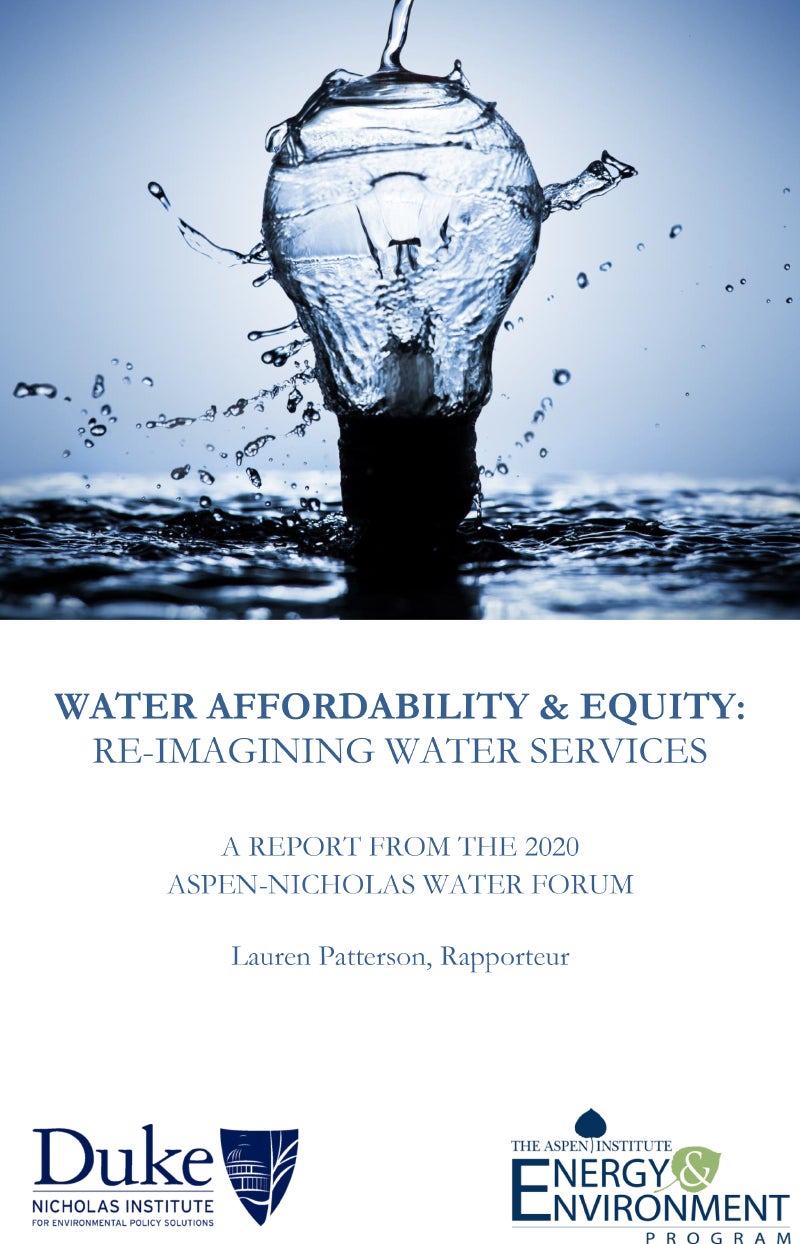Starting today, some residents of Newark, New Jersey will be provided with bottled water for drinking and cooking. This move comes after a Friday letter from the Environmental Protection Agency stated that residents “should not rely on the efficacy of the filtration devices” that have been provided to mitigate elevated lead levels in Newark’s water. The city is in the process of adding orthophosphate into its delivery network to prevent the leaching of lead, and the city hopes that protective coating will eventually seal away the problem.
Three and a half years ago, Dan Glickman, vice president and executive director of the Aspen Institute Congressional Program and former US Secretary of Agriculture, wrote about America’s infrastructure problem through the lens of the water crisis in Flint, Michigan. (That crisis is ongoing, even if it’s not generating many headlines. You can listen to more about the discovery of Flint’s contamination—and the nation’s—in this recording from the 2017 Aspen Ideas Festival.)
In his essay, No More Flints, Glickman wrote:
The larger problem is that dozens, if not hundreds of cities and towns, rural and urban areas, have old and decaying water and sewer systems which are dangerous to health and public safety. This issue is under-reported largely because community and state governments are able to patch up or find work arounds for water system failures.
Today we are seeing the failure of such a patch in one of America’s largest cities. It is good to see the city and the State of New Jersey taking care of its residents, though a coating of orthophosphate cannot be called a permanent solution. But it is painful to see our nation’s infrastructure crisis on the front pages again. We will keep having Flints until we as a nation commit to the investment required to stop them.


